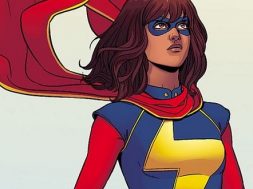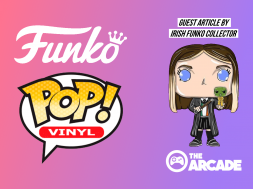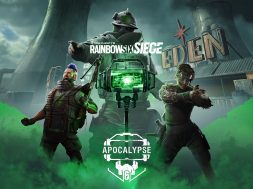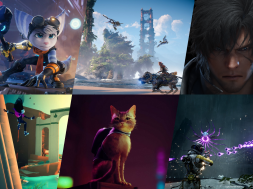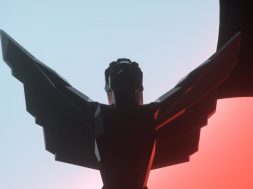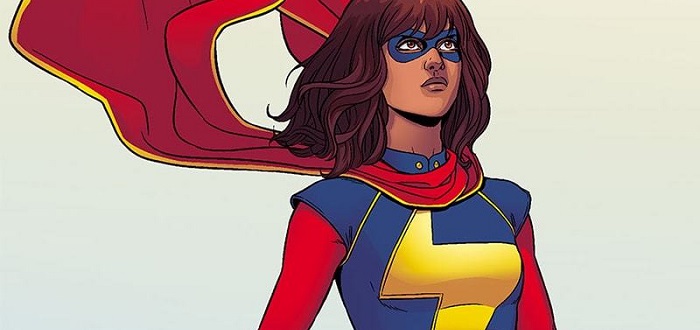
So I’ve been following Inhumans Vs. X-Men, as well as making my way through some of the older X-Men storylines, specifically the Messiah Trilogy. The former is mainly due to curiosity, the latter due to a dearth of decent new Marvel titles. If nothing else, it’s been interesting to see Marvel’s treatment of the mutant minority then, versus how mutant and inhuman minorities are handled now. On top of that, I’ve gotten back into Agents of S.H.I.E.L.D. in a big way this season. I was getting pretty tired of their Inhuman push last season.
That brings us to this weeks Back Issues, where we’ll be talking about some of comicdom’s maligned masses. I’ll kick it off with Marvel’s eternal outcasts, The Uncanny X-Men. With over 50 years of history, they have so much to borrow on, so I’ll focus on one small step in the X-Men’s story, Utopia.
X-Men: Utopia
Set during Marvel’s depressingly relevant Dark Reign saga, Utopia is a crossover between Dark Avengers and Uncanny X-Men. Penned primarily by Matt Fraction (Hawkeye, Sex Criminals), with a long list of contributing artists, it follows the events that transpire after a series of both pro- and anti-mutant riots tear across America. Savvy gent that he is, Norman Osborn AKA Iron Patriot, seeing that more damage is likely to come, offers Emma Frost an ultimatum. Keep your people in check, behind their borders, or else.
In a totally, completely, entirely unforeseeable turn of events, things get out of hand. Osborn sets up a team of Dark X-Men and convinces Emma Frost to act as its leader. Scott Summers, unwillingly branded as the leader of the mutants is given further threats by Osborn. Scott responds by telling Osborn to GTFO of Mutant Town and setting up a new team of X-Men to assist with the riots.
Utopia is often forgotten about due to its brevity and because it is surrounded by other, larger scale X-Events. At best it’s included as either an offshot of Messiah or Dark Reign. However, it sticks out because it deals with smaller human issues at a time when all other stories dealt with fate-of-the-universe level stories. After the dissolution of the Xavier Institute, many young mutants are left without guidance. From this, we get to see many different reactions to the once again rising anti-mutant sentiment. It is also one of the first chances to see Scott Summers’ internal struggle as leader of the X-Men. For years, his main character trait was ‘being whiny’, followed closely by ‘loyal soldier’. In Utopia, Scott’s private discussions with Emma go lengths to humanizing his character for the stories to come.
They’re Not Like Us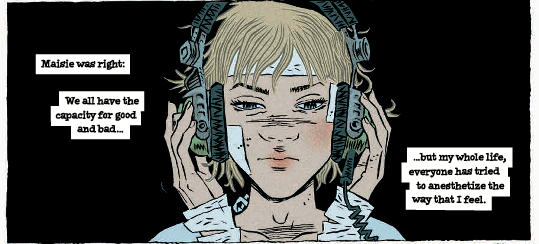
It’s all in the title really. They’re Not Like Us is the story of a group of young adults with powers who are shunned by society. It’s a more grounded, cynical take on the X-Men genre. The powers are far less fantastical, staying on the pseudo-realistic side, including things like pheromone and psyche manipulation. So far, so typical. What makes their story special isn’t the powers, but how they adapt to indoctrination.
The Professor Xavier of They’re Not Like Us (I really wish the group had a snappy name) is called The Voice. He gathers up individuals who have been abused and mistreated for being different. He’s kind, he gives them a home, he makes them feel powerful. He makes them feel like part of a family. He has the perfect answers for any questions newcomers might have about their actions. Even those who are reluctant at first, begin to see sense in his view of the world.
They’re Not Like Us takes an interesting look at the downward spiral of indoctrination. While the main characters may be juvenile and frequently unlikable, the handling of the issue certainly isn’t. Beyond dealing with how easy it can be for hate groups to condition new members, the book eventually moves on to how hard it can be adjusting to life outside the group. It also takes a look at the different paths life outside the family can take.
Inhumans: Ms. Marvel
I had planned on covering the Inhumans as a whole because of the ongoing IvX event. However, with current events as they are, I couldn’t not give Kamala Khan the spotlight. Also, dammit, we all could use some cheering up and if any comic can do it, it’s Ms. Marvel!
Kamala Khan is the ultimate superhero superfan in that she’s a superfan of superheroes. She’s also a superhero who happens to be a superfan, so I guess that works both ways. Finally, she is Marvel’s first Muslim superhero to get her own solo-series. Both of these things factor into her development as a character and as a hero. Her adoration of other heroes is what drives her to help people. One of her first scenes tackles how important it is for her to feel comfortable in her own skin after she shapeshifts into the guise of another superhero.
Ms. Marvel is a fun book to read, not because of the superfights (Though the banter is pretty fun), but because of how normal the rest of the book is. The last comic I remember reading that had such an enjoyable human supporting cast was Ultimate Spider-Man. Kamala’s fandom during encounters with other heroes will ring true for anyone who calls themselves a comics fan. Her interactions with other Muslim characters gives Marvel a chance to do more than just pay lipservice to the inclusion of her religion. It’s the small differences like this that stop her from becoming just another new, soon to be forgotten, hero. I complain a lot about Marvel’s missteps in recent years, but Kamala isn’t one of them. She is the greatest of new heroes, with a great legacy ahead of her.
